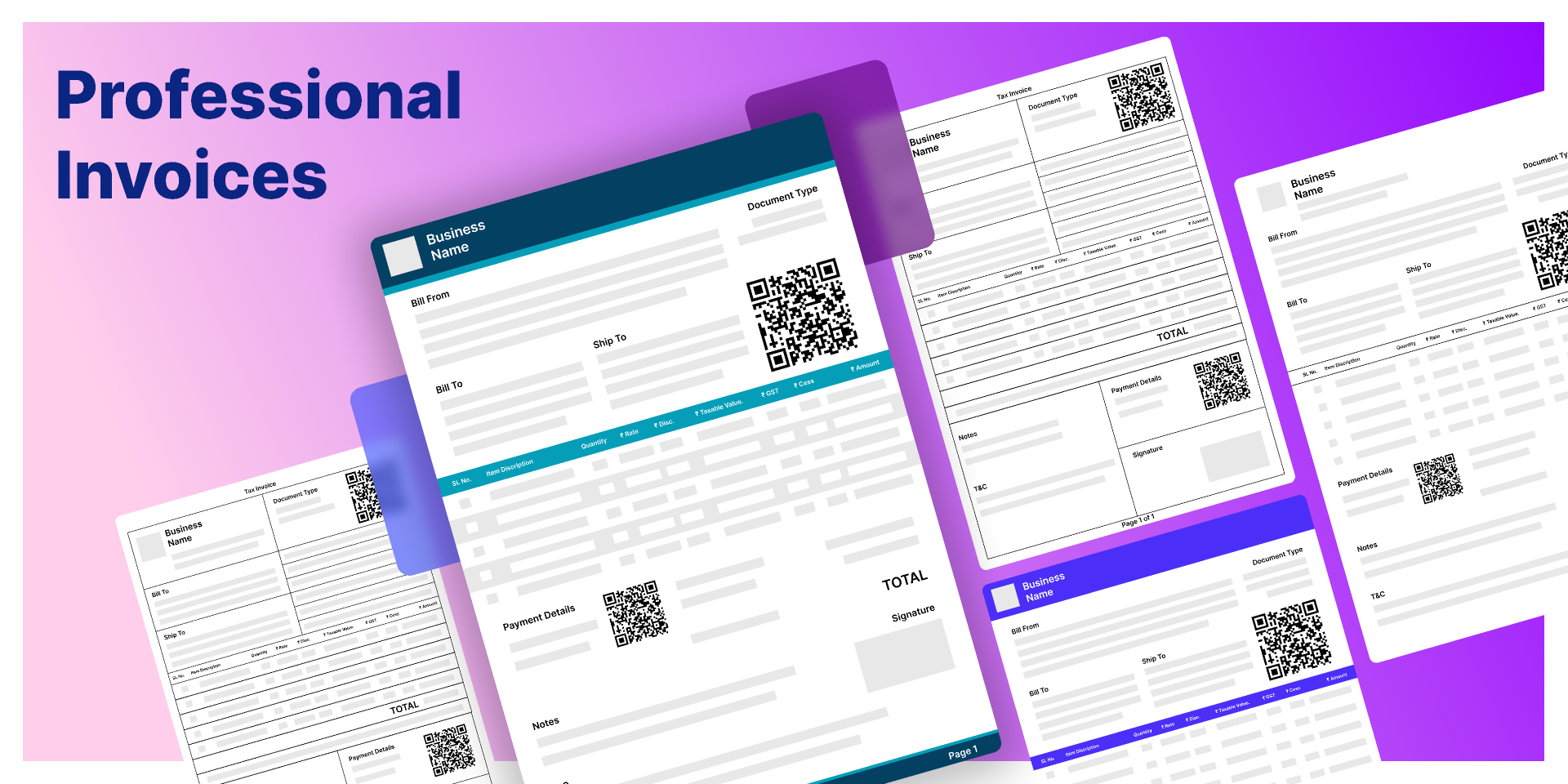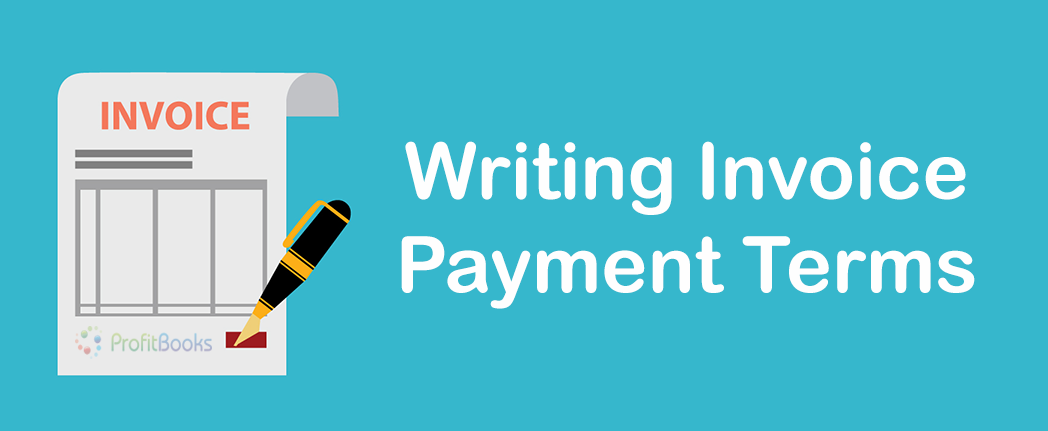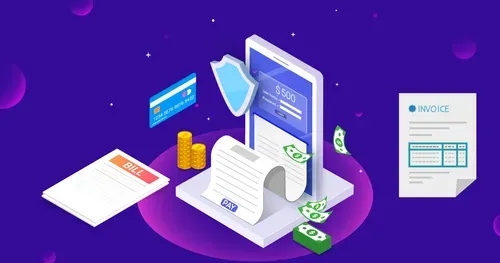Invoicing for Small Retail Businesses: Tips and Tricks

Introduction
Effective invoicing is crucial for the success of any small retail business. It ensures timely payment, improves cash flow, and enhances customer satisfaction. However, managing invoices can be complex and time-consuming if not done efficiently. Therefore, it is essential for small retail businesses to understand the tips and tricks involved in creating effective invoices. This essay will provide valuable insights into various aspects of invoicing for small retail businesses.
1. Clear and Professional Invoice Design

The first step towards effective invoicing is to create a clear and professional invoice design. A well-designed invoice helps in conveying professionalism and builds credibility with customers. It should include essential information such as the business name, logo, contact details, invoice number, date issued, due date, and itemized list of products or services provided along with their prices and quantities.
2. Accurate Pricing
Accurate pricing plays a vital role in generating correct invoices. Small retail businesses must ensure they have accurate pricing information for each product or service offered. This includes considering factors such as cost price, profit margin, taxes (if applicable), discounts (if any), shipping charges (if applicable), etc. By ensuring accuracy in pricing calculations on each invoice generated, businesses can avoid disputes related to incorrect billing.
3. Timely Issuance of Invoices
Timely issuance of invoices is crucial to maintain healthy cash flow for small retail businesses. The quicker the bills reach customers after completion of a transaction or delivery of goods/services; the sooner they will be paid by customers/vendors/partners/suppliers/etc., thereby reducing outstanding dues or accounts receivable balances.
4. Clear Payment Terms

Small retail enterprises should clearly state payment terms on their invoices to set expectations with clients about when payments are due and which methods are allowed (for example, credit card payments online). Common payment terms include "Net 30" (payment due within 30 days), "Due on Receipt" (payment due immediately upon receipt of the invoice), and any other suitable payment term agreed upon by a business and its consumers.
5. Encourage Timely Payment
Small retail businesses can encourage timely payments by offering incentives for early payment or charging late payment fees. Many small retailers offer discounts, such as a percentage off the total amount, if invoices are paid within a specific time frame. Conversely, imposing late payment fees helps deter payment delays and ensures adherence to agreed-upon terms.
6. Utilize Invoicing Software

For small retail companies, investing in reliable invoicing software may automate and streamline the entire invoicing process. With the help of these software programs, companies can quickly produce invoices that appear professional, monitor unpaid invoices, automatically alert late payers, and provide a variety of financial information required for accounting needs.
7. Maintain Proper Records
Maintaining proper records is crucial for small retail businesses when it comes to tracking invoices and managing accounts receivable efficiently. Keeping digital copies of all issued invoices along with relevant supporting documents like purchase orders or delivery receipts helps prevent confusion or disputes regarding past transactions.
Conclusion
Effective invoicing is critical for small shops because it immediately affects cash flow management and customer satisfaction. Small retailers can significantly improve their invoicing processes by following these tips and tricks, which include creating clear and professional invoice designs, accurate pricing calculations, timely invoice issuance, setting clear payment terms, and encouraging timely payments through incentives or penalties when applicable. Also, investing in reputable invoicing software helps businesses automate processes while keeping accurate records and assures transparency in financial operations. Finally, these efforts contribute to more efficient operations, which leads to more profitability and long-term success.
